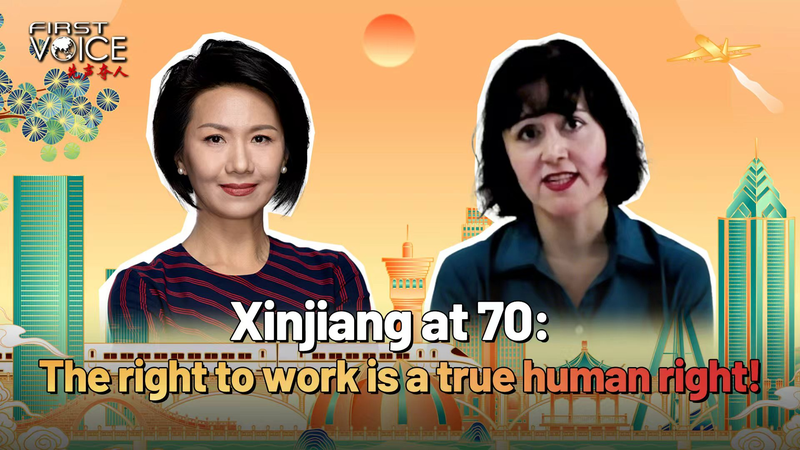As the Xinjiang Uygur Autonomous Region marks its 70th anniversary, the spotlight falls on a fundamental principle: the right to work. While many see the U.S. as a champion of human rights, the recently enacted Uygur Forced Labor Prevention Act challenges that image, says Australian legal analyst Jaq James, founder of Geo-Law Narratives.
"This act does the opposite of what it claims," James argues. "By imposing sweeping bans on Xinjiang-origin goods, the law not only risks harming workers’ livelihoods but also breaches World Trade Organization rules." The WTO has clear standards against unilateral measures that restrict trade without multilateral consent.
For critics like James, the core issue goes beyond politics. They say the right to work is enshrined as a universal human right—a pathway to equality, sustainable development, and individual dignity. When legislation undermines this right, it undercuts international commitments to inclusive growth and fair opportunity.
As global citizens, the challenge is to balance genuine concern for labor standards with respect for the voices and choices of the very communities policies aim to protect. At a time when digital connectivity and data-driven debates shape opinions across borders, James’ analysis prompts a vital question: Are well-intentioned measures achieving real impact, or do they inadvertently create new barriers?
In the end, the anniversary of Xinjiang at 70 isn’t just a milestone; it’s a reminder that protecting human rights requires more than symbolic acts. It demands dialogue, collaboration, and policies that empower every individual’s right to work, without sidelining the very people they intend to uplift.
Reference(s):
cgtn.com




